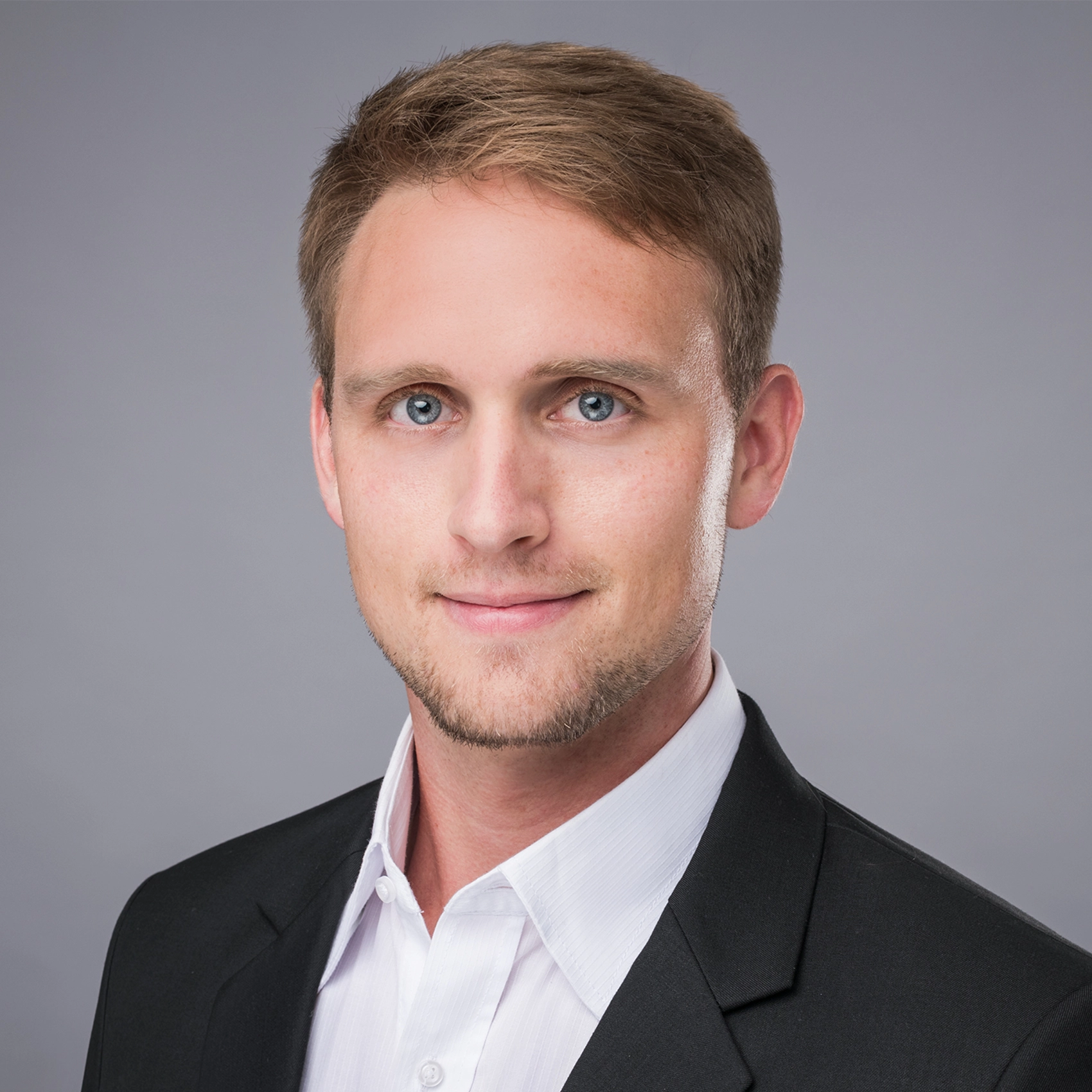
Dr. Alexander von Lühmann
Research Junior Group Lead
Alexander von Lühmann is currently the head of the independent research group “Intelligent Biomedical Sensing (IBS)” at BIFOLD, Machine Learning Dept, TU Berlin. He is also a visiting researcher at the Neurophotonics Center of Boston University (BU NPC) and Chief Scientific Officer at NIRx Medical Technologies. Previously, he was R&D director at NIRx, post-doc at BU NPC, visiting researcher at the Martinos Center of Harvard Medical School in Boston, USA, and Chief Technology Officer of Crely, a US-Singapore-based healthcare startup. He received his PhD (Dr.-Ing.) with distinction in 2018 from Technische universität Berlin (TU Berlin) and the M.Sc. and B.Sc. degrees in Electrical Engineering from Karlsruhe Institute of Technology (KIT) in 2014/11.
At the Intelligent Biomedical Sensing(IBS) Lab, Alexander von Lühmann research focuses on machine learning and instruments for comprehensive brain-body monitoring. The IBS lab develops miniaturized wearable neurotechnology and body-worn sensors for unobtrusive monitoring of the embodied brain in the everyday world. It uses machine learning on the multimodal sensor data, together with environmental context information, to contribute to a paradigm shift in individualized comprehensive understanding of physical and mental health: Toward intelligent assessment and treatment of physical and mental states and risk factors. Current focus is on instrumentation for diffuse optics and biopotentials (fNIRS, DOT, EEG, ExG) and using machine learning for multimodal biomarker discovery, novel approaches in modelling physiology, latent component analysis, and identification of physiological transfer functions.
| 2022 | Early Investigator Award, Society for functional Near Infrared Spectroscopy (SfNIRS) |
| 2019 | BIMoS PhD Award, Berlin International Graduate School in Model and Simulation based Research (BIMoS), TU Berlin |
| 2018 | Klee-Award (3rd), German Society for Biomedical Engineering (DGBMT) |
| 2014 - 2018 | Research scholarships by ML Department, TU Berlin | Scholarship + Research fellowship at BIMoS TU Berlin |
| 2012 | Winner Innovation Academy Biotechnology, BMBF |
The IBS lab develops instrumentation and machine learning methods for unobtrusive sensing of signals from the brain and in the body, and extraction of relevant biomarkers. We try to assess mental states (e.g., stress or fatigue) but also physiological health and risk-factors. Greatly simplified: We are working towards a smartwatch for the brain.
- DIN (Deutsches Institut für Normung | German Institute for Standardization)
- SfNIRS (Society for functional Near Infrared Spectroscopy)
- VDE (Verband Der Elektrotechnik, Elektronik und Informationstechnik| Association of Electrical, Electronic and Information Technologies)
- OPTICA (formerly OSA)
- OHBM (Organization for Human Brain Mapping)
E. Middell, L. Carlton, S. Moradi, T. Codina, T. Fischer, J. Cutler, S. Kelley, J. Behrendt, T. Dissanayake, N. Harmening, M. A. Yücel, D. A. Boas, A. von Lühmann
Cedalion Tutorial: A Python-based framework for comprehensive analysis of multimodal fNIRS & DOT from the lab to the everyday world
Nils Harmening, Alexander von Lühmann, Benjamin Blankertz
Data- driven head model individualization from digitized electrode positions or photogrammetry improves M/EEG source localization accuracy
Tomás Codina, Benjamin Blankertz, Alexander von Lühmann
Multimodal fNIRS-EEG Sensor Fusion: Review of Data-Driven Methods and Perspective for Naturalistic Brain Imaging
Meryem A. Yücel, Jessica E. Anderson, De’Ja Rogers, Parisa Hajirahimi, Parya Farzam, Yuanyuan Gao, Rini I. Kaplan, Emily J. Braun, Nishaat Mukadam, Sudan Duwadi, Laura Carlton, David Beeler, Lindsay K. Butler, Erin Carpenter, Jaimie Girnis, John Wilson, Vaibhav Tripathi, Yiwen Zhang, Bettina Sorger, Alexander von Lühmann, David C. Somers, Alice Cronin-Golomb, Swathi Kiran, Terry D. Ellis & David A. Boas
Quantifying the impact of hair and skin characteristics on fNIRS signal quality for enhanced inclusivity
Meryem A. Yücel, Robert Luke, Rickson C. Mesquita, Alexander von Lühmann, David M. A. Mehler, Michael Lührs, Jessica Gemignani, Androu Abdalmalak, Franziska Albrecht, Iara de Almeida Ivo, Christina Artemenko, Kira Ashton, Paweł Augustynowicz, Aahana Bajracharya, Elise Bannier, Beatrix Barth, Laurie Bayet, Jacqueline Behrendt, Hadi Borj Khani, Lenaic Borot, Jordan A. Borrell, Sabrina Brigadoi, Kolby Brink, Chiara Bulgarelli, Emmanuel Caruyer, Hsin-Chin Chen, Christopher Copeland, Isabelle Corouge, Simone Cutini, Renata Di Lorenzo, Thomas Dresler, Adam T. Eggebrecht, Ann-Christine Ehlis, Sinem B. Erdoğan, Danielle Evenblij, Talukdar Raian Ferdous, Victoria Fracalossi, Erika Franzén, Anne Gallagher, Christian Gerloff, Judit Gervain, Noy Goldhamer, Louisa K. Gossé, Ségolène M. R. Guérin, Edgar Guevara, SM Hadi Hosseini, Hamish Innes-Brown, Isabell Int-Veen, Sagi Jaffe-Dax, Nolwenn Jégou, Hiroshi Kawaguchi, Caroline Kelsey, Michaela Kent, Roman Kessler, Nadeen Kherbawy, Franziska Klein, Nofar Kochavi, Matthew Kolisnyk, Yogev Koren, Agnes Kroczek, Alexander Kvist, Chen-Hao Paul Lin, Andreas Löw, Siying Luan, Darren Mao, Giovani G. Martins, Eike Middell, Samuel Montero-Hernandez, Murat Can Mutlu, Sergio L. Novi, Natacha Paquette, Ishara Paranawithana, Yisrael Parmet, Jonathan E. Peelle, Ke Peng, Tommy Peng, João Pereira, Paola Pinti, Luca Pollonini, Ali Rahimpour Jounghani, Vanessa Reindl, Wiebke Ringels, Betti Schopp, Alina Schulte, Martin Schulte-Rüther, Ari Segel, Tirdad Seifi Ala, Maureen J. Shader, Hadas Shavit, Arefeh Sherafati, Mojtaba Soltanlou, Bettina Sorger, Emma Speh, Kevin D. Stubbs, Katharina Stute, Eileen F. Sullivan, Sungho Tak, Zeus Tipado, Julie Tremblay, Homa Vahidi, Maaike Van Eeckhoutte, Phetsamone Vannasing, Gregoire Vergotte, Marion A. Vincent, Eileen Weiss, Dalin Yang, Gülnaz Yükselen, Dariusz Zapała & Vit Zemanek
fNIRS reproducibility varies with data quality, analysis pipelines, and researcher experience
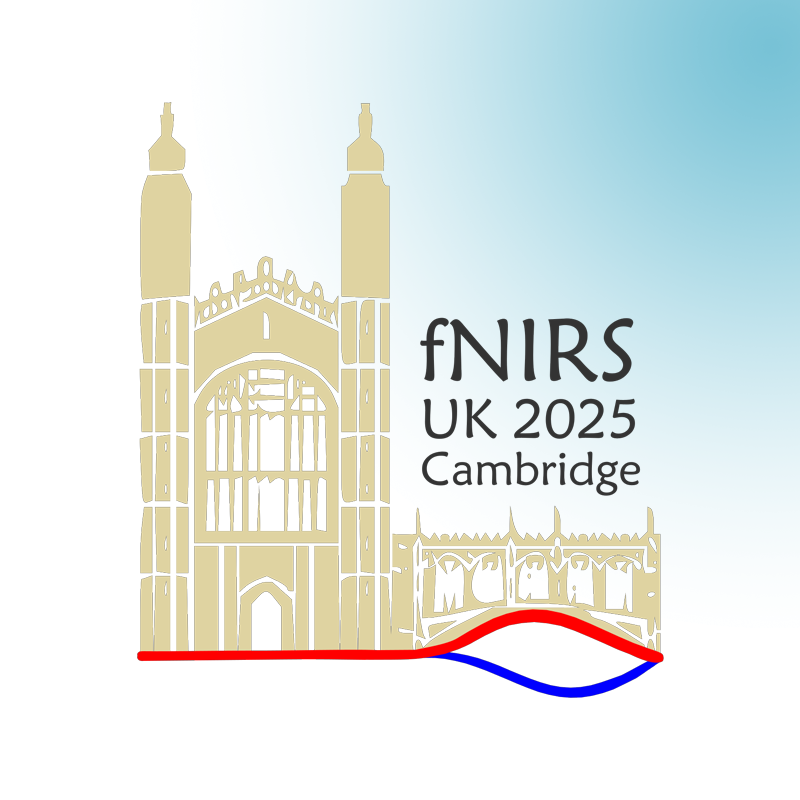
IBS Lab Contribution to fNIRS UK 2025
At fNIRS UK 2025 in Cambridge, IBS Lab will showcase ERC-funded research on multimodal neuroimaging, including a Cedalion toolbox workshop, advances in fNIRS-EEG fusion, and deep learning transfer from fMRI to fNIRS/DOT.
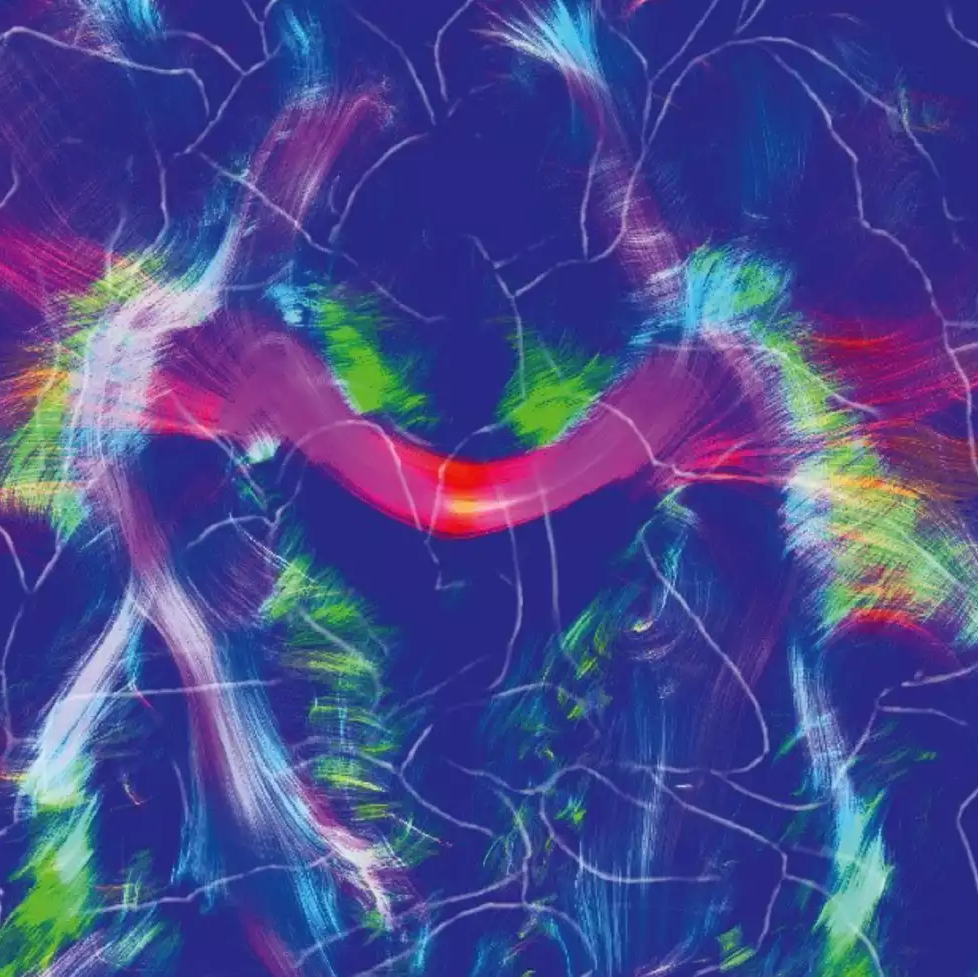
BIFOLD at MBB 2025
Two PhD students from BIFOLD will present their latest machine learning research for multimodal brain imaging at the 12th MindBrainBody Symposium 2025 in Berlin. Their work demonstrates AI-driven approaches to enhancing neuroimaging, contributing to interdisciplinary advancements in neuroscience.
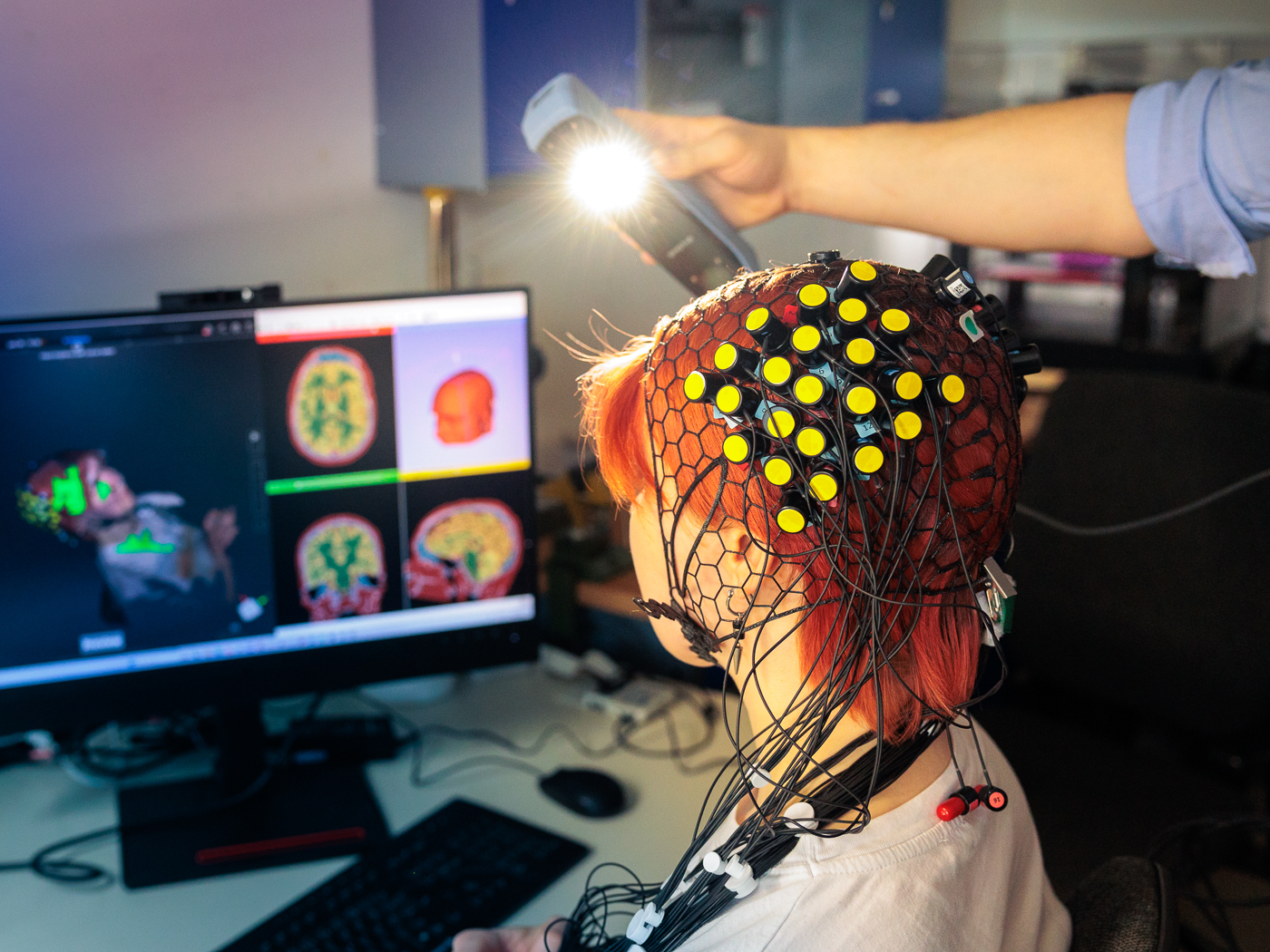
Expedition Neurotechnology
Join us for a tour around the IBS Lab: The Lab is chaired by Dr. Alexander von Lühmann, who recently received a ERC Starting Grant, for his researchproject to measure and analyze brain activity in people's everyday environments, using AI to analyze the detected signals.
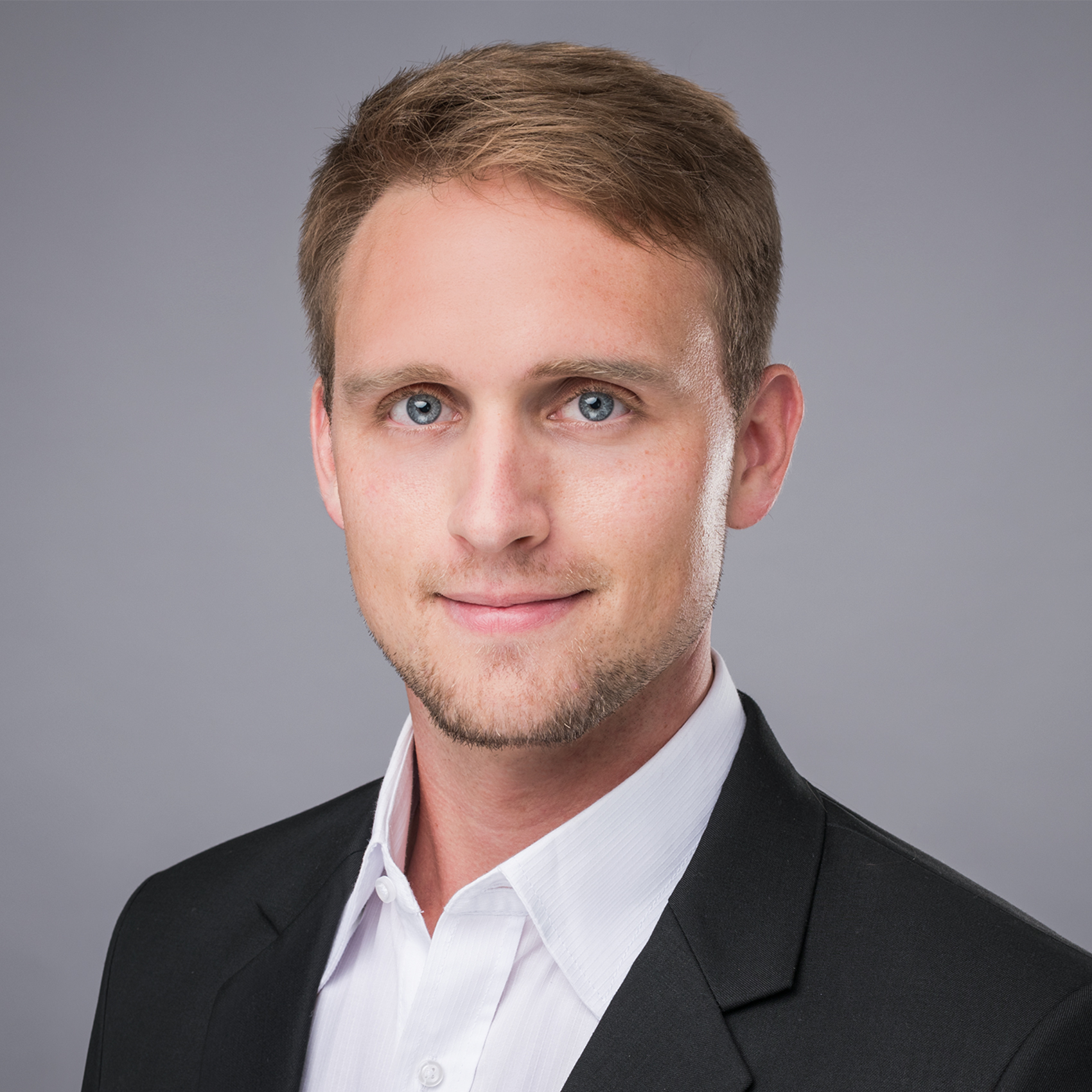
ERC Starting Grant for Dr. Alexander von Lühmann
Dr. Alexander von Lühmann has been awarded an ERC Starting Grant of EUR 1.65 million. The goal of the IBS Lab is to measure and analyze brain activity in people's everyday environments.
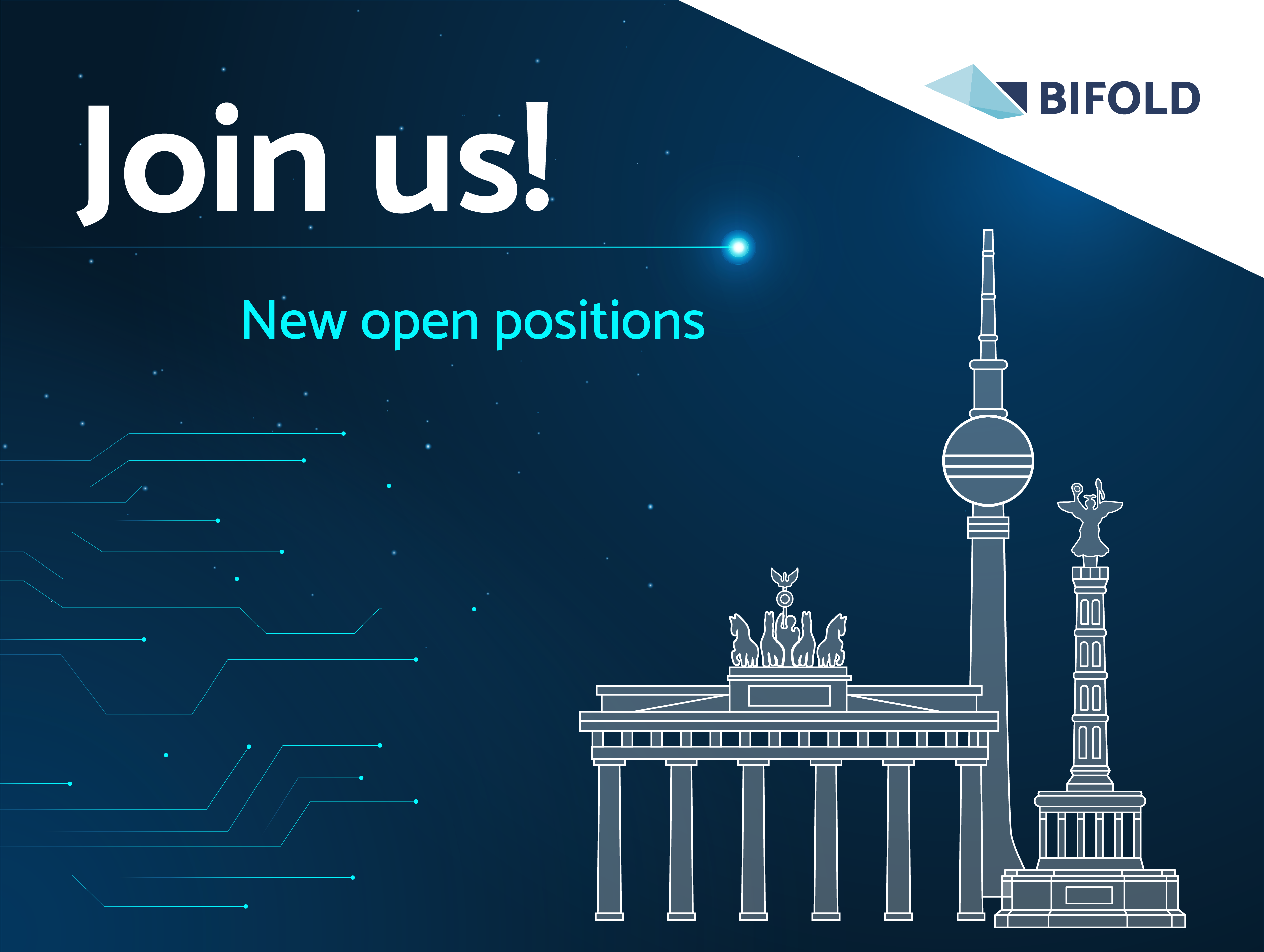
New open research positions
Join BIFOLD and collaborate with renowned experts on cutting-edge Machine Learning and Data Management research! Develop robust, trustworthy, and sustainable AI solutions with our team of international scientists.
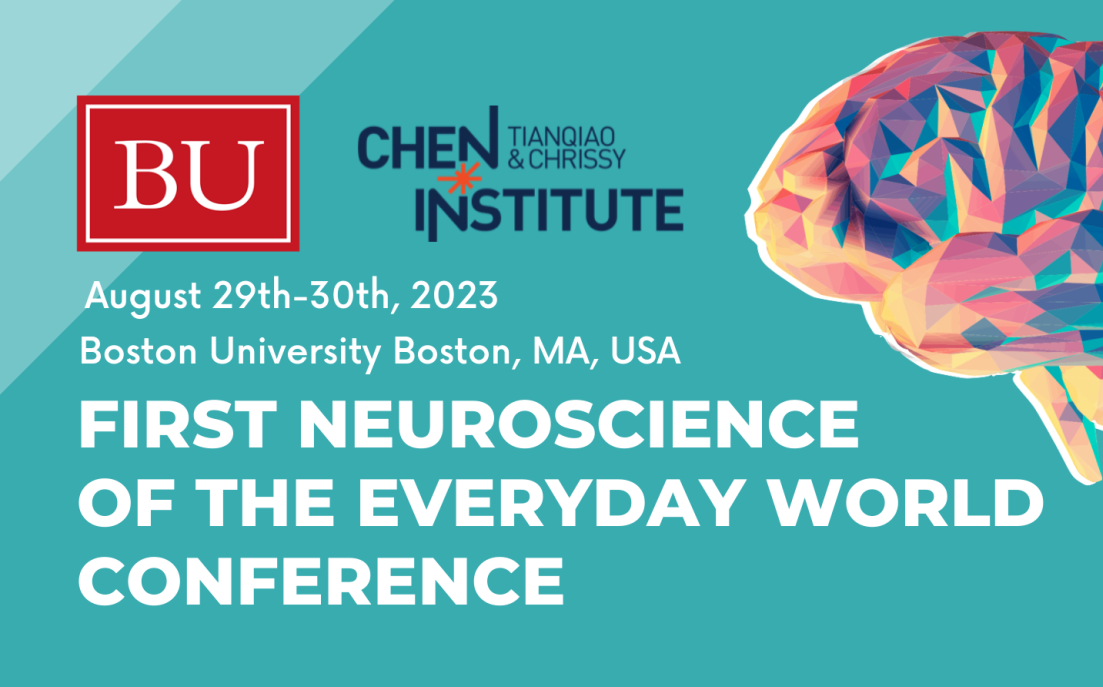
First Neuroscience of the Everyday World Conference
From August 29th to 30th the "Neuroscience of the Everyday World" conference convened neuroscientists, researchers and experts to discuss the challenges and opportunities of continuous, multimodal brain measurements in naturalistic environments. The conference was organized, among others, by BIFOLD Research grouplead Dr. Alexander von Lühmann.

